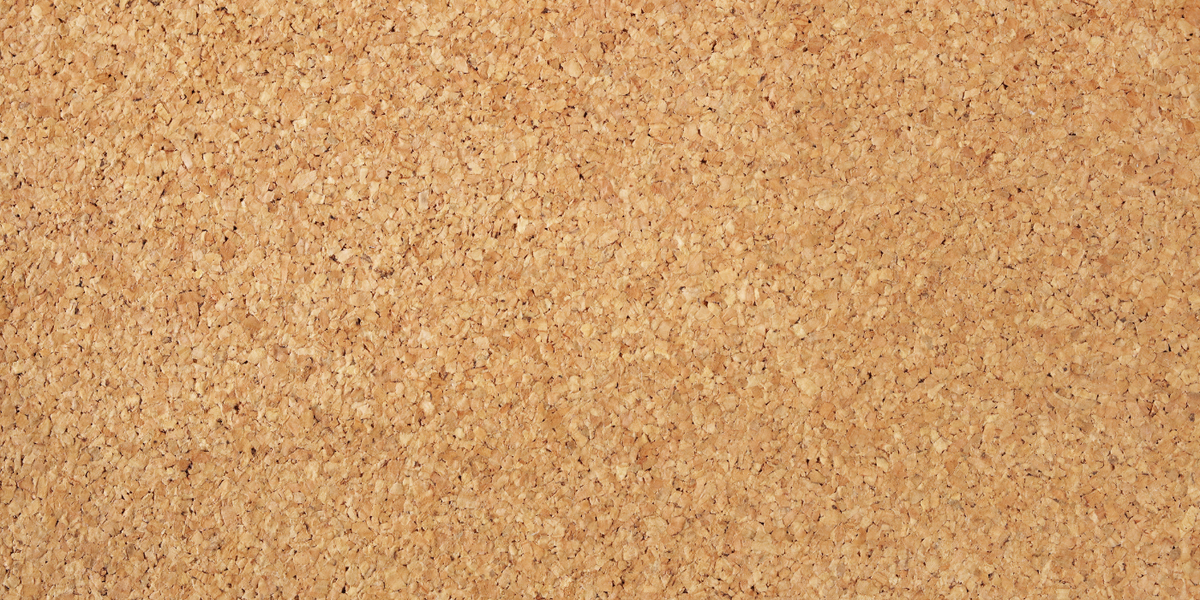Cork and Portugal: A Natural Partnership with a Rich Legacy
Portugal and cork have a relationship that’s woven into the fabric of the nation’s history, economy, and environmental stewardship. As the world’s largest producer of cork, Portugal holds a unique role in maintaining the world’s cork forests and supplying high-quality cork products that are sought after worldwide. From wine stoppers to sustainable home decor, cork has become a symbol of both tradition and innovation in Portugal. Let’s explore the story of cork, its importance to Portugal, and the many ways it continues to impact global industries.
1. Why Portugal? The Unique Conditions of Portuguese Cork Forests
Portugal is home to expansive cork oak forests, known locally as “montados.” These forests thrive in Portugal’s Mediterranean climate, with hot, dry summers and mild, rainy winters that provide the perfect conditions for cork oaks to grow. With over 1.5 million acres of cork forests, Portugal accounts for about 50% of the world’s cork production, making it the leading supplier of this remarkable material.
The cork oak tree, or Quercus suber, is a unique and resilient species. Cork is harvested from the bark of the tree, which naturally regenerates every nine years, making it one of the most sustainable materials in the world. This process is labor-intensive and highly skilled, but it does not harm the tree, allowing it to continue producing cork for up to 200 years.
2. The History of Cork in Portugal
Cork has been used in Portugal for centuries. Historically, it was utilized for various purposes, from fishing floats to footwear and even as roofing material due to its excellent insulation properties. However, its most famous use began in the 17th century when Portuguese winemakers started using cork stoppers to seal wine bottles. Cork’s natural properties—its elasticity, impermeability, and ability to seal in freshness—made it an ideal choice, and it quickly became the standard material for wine stoppers around the world.
Over time, cork became a cultural and economic symbol for Portugal, and Portuguese artisans developed techniques to create decorative and practical cork items, turning this natural resource into a versatile and valued material across industries.
3. Sustainability and Environmental Impact of Cork
Cork harvesting is one of the most sustainable agricultural practices in the world. Since cork oaks are not cut down for harvest, these trees continue to sequester carbon, supporting local ecosystems and helping mitigate climate change. The montado forests are incredibly biodiverse, providing a habitat for various species, including endangered animals like the Iberian lynx and the Spanish imperial eagle.
In fact, cork oak forests are known for their positive environmental impact. They prevent desertification, promote soil retention, and sustain local communities, making cork one of the most eco-friendly materials. Additionally, cork is 100% recyclable and biodegradable, a natural alternative to synthetic materials.
4. Cork in Modern Portuguese Design and Innovation
Portugal has embraced cork beyond traditional uses, making it a popular choice for sustainable design and decor. Today, cork is used in fashion, furniture, flooring, and even architecture, celebrated for its natural warmth, texture, and eco-friendly qualities. Portuguese designers and artisans have harnessed the beauty of cork to create everything from wallets and handbags to jewelry and home accessories.
At our shop, for example, we offer cork-backed tiles, blending the natural beauty of cork with traditional Portuguese tile designs. These items are not only practical, providing heat resistance for kitchen use, but they also bring a touch of Portugal’s natural heritage to your decor.
5. Portugal’s Global Leadership in the Cork Industry
Portugal’s leadership in cork production is driven by a deep respect for the environment, local traditions, and cutting-edge technology. Portuguese cork producers have invested heavily in research and innovation, finding new applications and markets for cork products. As a result, cork has been successfully integrated into industries like construction, aerospace, and automotive, where it is valued for its unique properties, such as insulation and impact resistance.
Portuguese cork products are known for their exceptional quality and craftsmanship, making them highly sought-after internationally. This demand supports local economies, sustains traditional practices, and promotes environmental preservation, demonstrating how Portugal’s cork industry serves as a model for responsible and innovative resource use.
From ancient traditions to modern applications, cork holds a special place in Portugal’s culture, economy, and environment. This versatile material is more than just a product—it’s a symbol of sustainability, resilience, and Portuguese pride. Whether you’re looking for a unique piece of cork decor or want to support eco-friendly products, our shop offers a range of Portuguese cork items that bring the beauty and tradition of Portugal right to your home.




